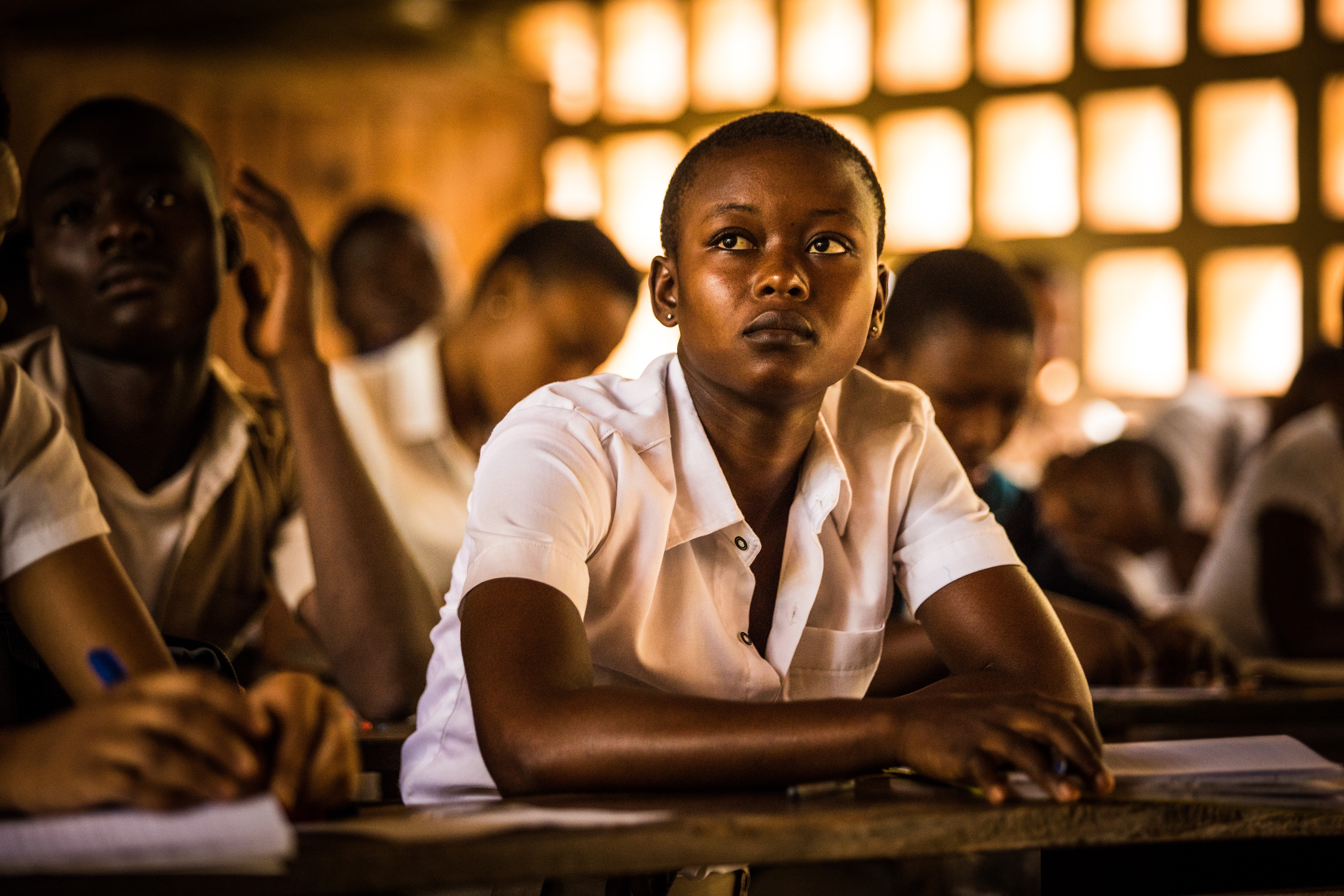
Children need to be in school to continue learning and improve their chances of a brighter future. Yet an unacceptably high share of Togolese children from the poorest households dropped out of school before reaching the upper secondary level. That is why the KIX project, Using Data for Improving Education Equity and Inclusion (MICS-EAGLE), seeks to help countries make better use of their household survey data by:
- engaging with countries to build their capacities to analyze these data;
- producing information on equitable and inclusive education systems and
- using data to promote evidence-based policy and advocacy.
One of the benefits of household survey data is the possibility of understanding the influence of socio-economic and demographic factors on education outcomes. Leveraging MICS6 (MICS-EAGLE) data in Togo, the project revealed disproportionately high rates of dropout and out-of-school children at the upper-secondary level for children belonging to the poorest wealth quintile compared to peers from other wealth quintiles. This data from the Education Analysis for Global Learning and Equity (MICS-EAGLE) factsheet was presented to policymakers in a national workshop in Togo to identify key factors contributing to these trends. These discussions included the role of school fees in hampering access for the poorest children. Policy recommendations backed by the factsheet led to a government-issued decree to abolish school fees for poor families in the subsequent school year. The decree was intended to support poor households, especially given the impact of COVID-19, and to help prevent children from dropping out of school. This decree shows the ways in which the project has leveraged household survey data to provide evidence, build capacity and facilitate dialogue to promote data-supported and evidence-based policies.
